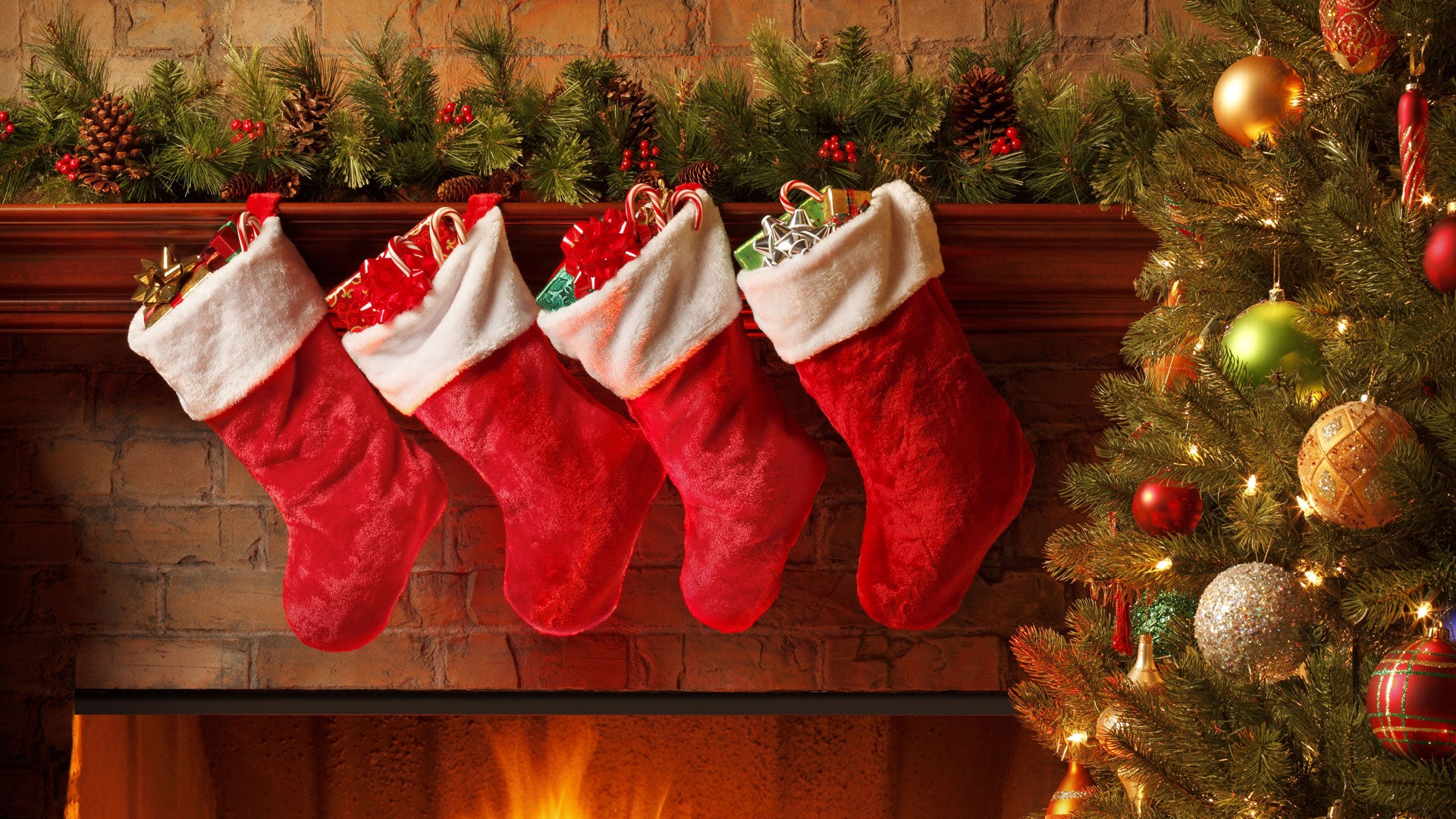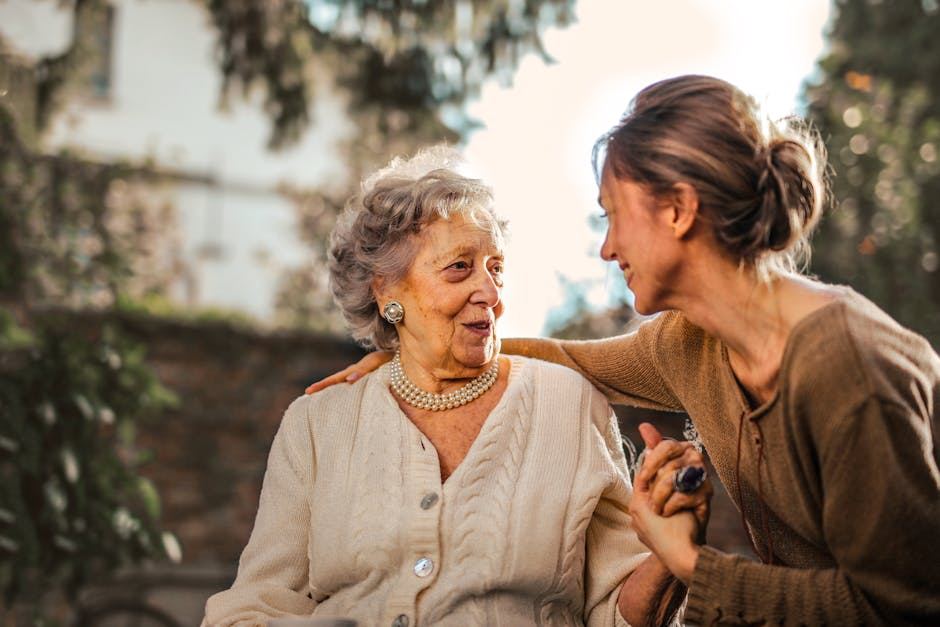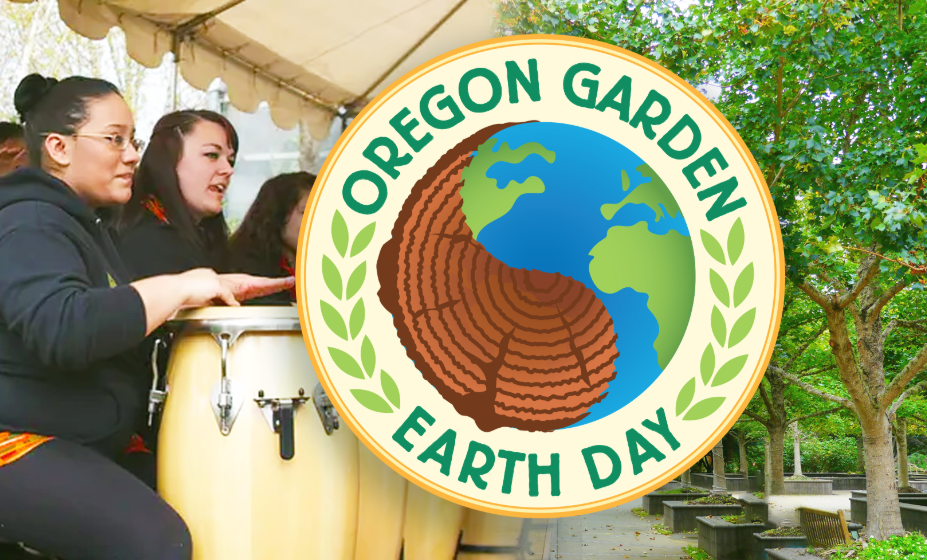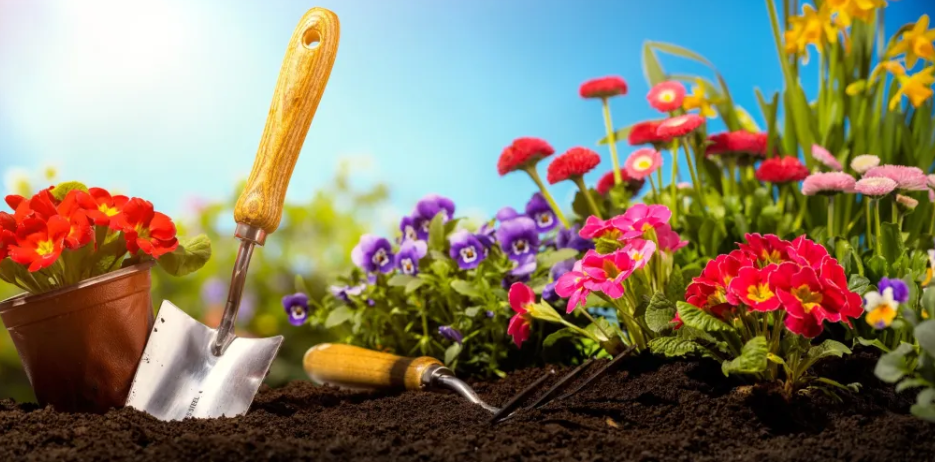Christmas is a season that resonates with joy, warmth, and togetherness, transcending geographical boundaries and cultural differences. As December approaches, communities worldwide prepare to celebrate this cherished holiday, rich with traditions that have evolved over centuries. The origins of Christmas are deeply rooted in ancient customs, blending pagan festivities with Christian beliefs, creating a unique tapestry of celebrations that reflect the diverse cultures that observe it.
In Madras, Oregon, the spirit of Christmas is palpable as residents engage in time-honored practices while also incorporating local flavors into their celebrations. This article delves into the history of Christmas, exploring its origins and evolution while highlighting how different cultures, including those in Madras, celebrate this festive season.
The Origins of Christmas
The history of Christmas can be traced back to ancient pagan celebrations surrounding the winter solstice. Before Christianity emerged, various cultures marked this time with festivities that honored the return of longer days and the sun’s rebirth. Among these were the Roman festival Saturnalia and the Norse celebration of Yule, characterized by feasting, merriment, and gift-giving.
In the 4th century AD, church leaders sought to convert pagans to Christianity by adopting these existing celebrations into the Christian calendar. December 25 was chosen as the official date for celebrating the birth of Jesus Christ, strategically aligning it with these popular pagan festivals to ease conversion efforts. This blend of traditions laid the groundwork for many customs we associate with Christmas today.
As Christianity spread across Europe, so did its associated customs. The early medieval period saw Christmas evolve into a public festival marked by elaborate feasts and communal gatherings. By the 12th century, it became common for communities to celebrate with music, dancing, and theatrical performances that depicted biblical narratives.
Evolution of Christmas Traditions
As centuries passed, Christmas traditions continued to evolve significantly. During the Middle Ages, celebrations included twelve days of revelry known as Christmastide, which extended from December 25 to January 5. This period was marked by customs such as caroling and gift exchanges among friends and family.
In England during the Victorian era, many modern traditions began to take shape. The introduction of decorated Christmas trees became popularized after Queen Victoria married Prince Albert of Germany in 1840; this tradition quickly spread across Europe and America. Additionally, the concept of Santa Claus emerged from various influences, including Saint Nicholas—a 4th-century Greek bishop known for his generosity—and elements from folklore.
Christmas faced periods of decline in America due to Puritanical beliefs that deemed it too extravagant during the 17th century. However, by the 19th century, immigrants brought their own customs, enriching American celebrations and reviving interest in the holiday.
Cultural Variations in Celebrating Christmas
Christmas is celebrated differently around the globe, with each culture adding its unique flair to this festive occasion. For example, Las Posadas reenacts Mary and Joseph’s search for shelter in Mexico through a series of processions leading up to Christmas Eve. In Italy, families gather for a traditional Feast of Seven Fishes on Christmas Eve.
In Madras, Oregon, residents embrace traditional and contemporary practices during the holiday season. Local events often include community gatherings where families share meals and participate in festive activities such as tree-lighting ceremonies and holiday markets showcasing handmade crafts and local goods.
Moreover, Madras reflects a blend of cultural influences where residents may incorporate elements from their heritage into their celebrations—whether it’s through food recipes passed down through generations or unique decorations that tell their family’s story.
The history of Christmas is a fascinating journey through time that showcases humanity’s ability to adapt and merge traditions across cultures. From its pagan roots to its current status as a global celebration centered on family and goodwill, Christmas continues to evolve while retaining its core message of love and togetherness.
For those interested in exploring how Madras residents celebrate this joyful season with recipes, gifts, and decorations tailored for their community, click here to read Christmas Cheer: Recipes, Gifts & Decorations for Madras Residents. This offers insights into local traditions that enrich the holiday experience in this charming Oregon town.
As we reflect on the diverse ways people celebrate this beloved holiday across different cultures—including those in Madras—it’s clear that Christmas remains a vibrant tapestry woven from shared joy and cherished traditions that unite us all during this special time of year.
Sources: simpletoremember.com, en.wikipedia.org, parade.com, study.com
Header Image Source: history.com






